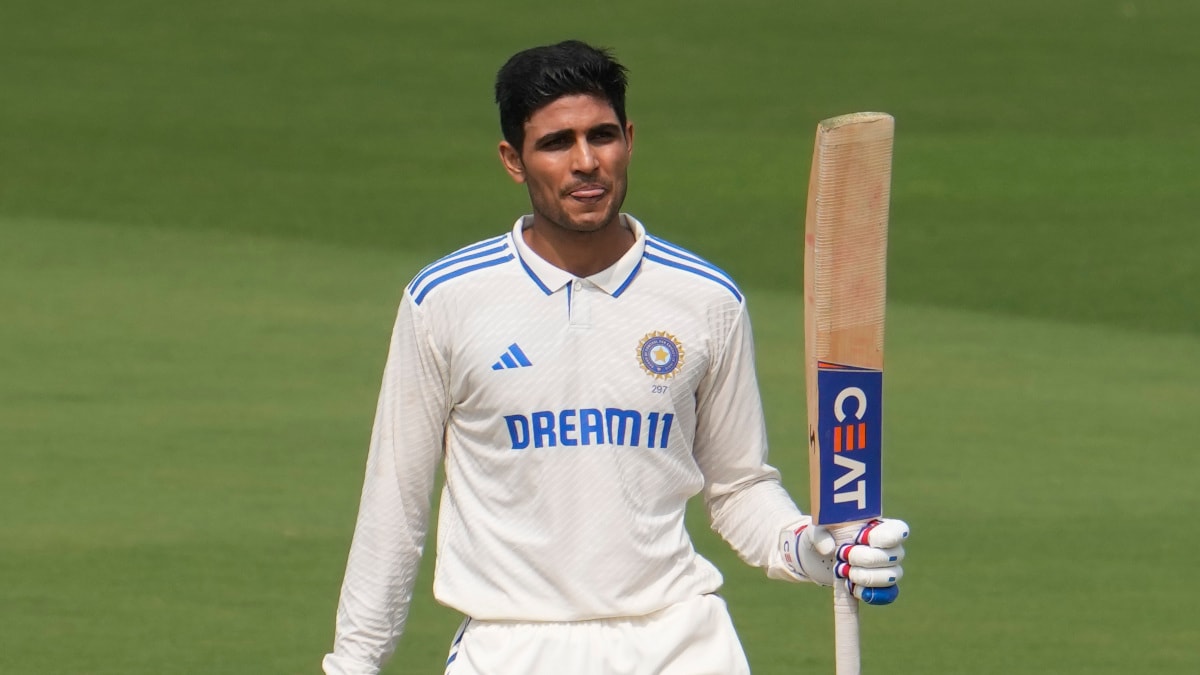

Shubman Gill's appointment as India's Test captain marks a significant transition, ushering in a new era for the national side following the retirements of stalwarts like Rohit Sharma and Virat Kohli. At just 25 years old, Gill shoulders immense responsibility, beginning with a challenging five-Test series against England. While his talent and potential are undeniable, several factors will determine his success in this pivotal role.
Firstly, Gill must effectively manage the pressures of captaincy alongside his batting responsibilities. Jos Buttler, who played under Gill in the IPL, suggests Gill aims to compartmentalize these roles, focusing solely on batting while at the crease. This separation is crucial, as consistent run-scoring will not only boost his confidence but also earn the respect of his teammates and solidify his position in the dressing room. Experts advise that he should stick to batting at number 3. Shifting him to number 4, especially with so much on his plate already, might not be a wise move.
Drawing inspiration from his predecessors will also be key. Buttler believes Gill's leadership style will be a blend of Virat Kohli's aggression and Rohit Sharma's calm demeanor. Gill himself has acknowledged Kohli's proactive approach to Test cricket, particularly his communication with bowlers and dynamic field placements, qualities he intends to emulate. Learning from Rohit Sharma's leadership, under whom Gill has also played, will further help him in understanding the nuances of guiding a team.
However, Gill must also forge his own path. As Buttler notes, while learning from Kohli and Rohit, he needs to be "very much his own man." This involves developing his unique leadership style, making independent decisions, and fostering a team culture that reflects his vision. Kane Williamson, who played under Gill at Gujarat Titans, praises his clarity in communication, conviction in decision-making, and ability to inspire teammates.
To succeed, Gill needs the support of experienced players. With senior figures like KL Rahul, Rishabh Pant, Jasprit Bumrah, and Ravindra Jadeja in the squad, Gill can rely on their expertise and guidance. Rishabh Pant has been named as Gill's vice-captain. Moreover, a strong relationship with head coach Gautam Gambhir will be vital. With the absence of Kohli and Sharma, Gambhir's voice carries significant weight, and his partnership with Gill will shape the team's direction.
Despite his potential, challenges lie ahead. Dinesh Karthik has expressed reservations, suggesting that Gill may not yet fully grasp the enormity of being India's Test captain. Karthik points out the difficulty of touring England and the pressure Gill will face. Furthermore, Gill's limited captaincy experience in red-ball cricket raises concerns. While he led Gujarat Titans to the IPL playoffs, Test cricket presents a different landscape. Gill's Test average of 35.05 also invites scrutiny, especially considering his lack of centuries outside the subcontinent.
Ultimately, Shubman Gill's success as Test captain will depend on his ability to learn quickly, adapt to challenges, and inspire his team. He needs to blend the lessons learned from his predecessors with his own unique leadership qualities. The upcoming series against England will be a testing ground, but with the right approach and support, Gill has the potential to become a long-term leader for Indian cricket. The selectors are hoping he can lead India for the next 10 years.